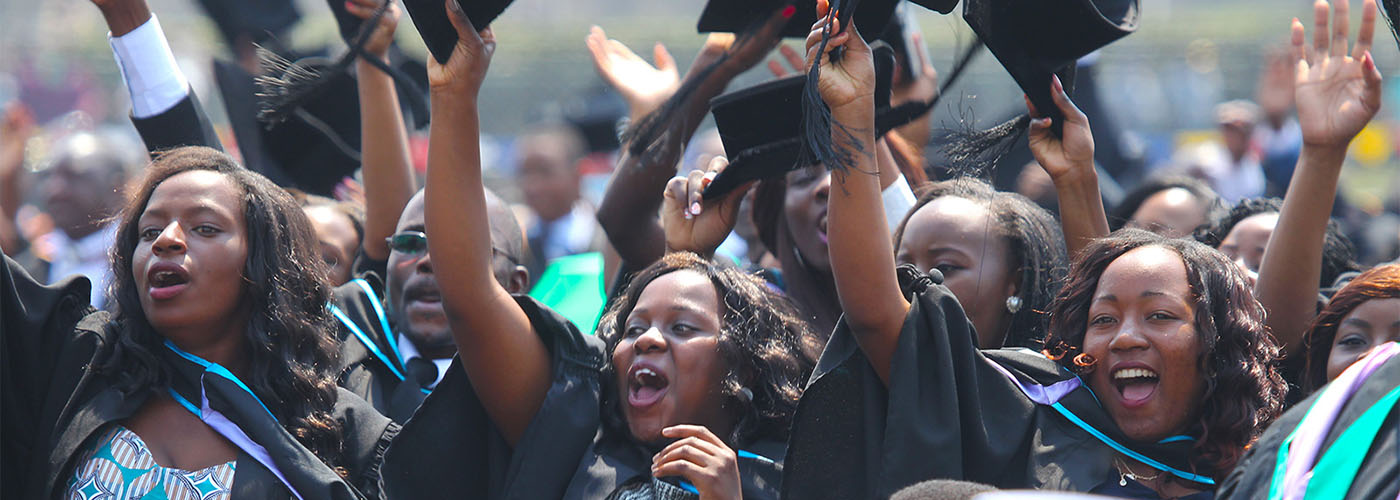She Leads – Her Stories newsletter, volume 2
Her Stories is a Hivos She Leads project newsletter showcasing some of the community work and impact by Hivos and partners involved in the project.

Her Stories is a Hivos She Leads project newsletter showcasing some of the community work and impact by Hivos and partners involved in the project.
Her Stories is a Hivos She Leads project newsletter showcasing some of the community work and impact by Hivos and partners involved the project.
Dream Achievers Youth Organization (DAYO) with support from Hivos through the Regional SRHR Fund undertook a youth advocacy project aimed at improving access to SRHR information and services for youth in Mombabsa, Kenya.
Young people at the advocacy frontline
The Uganda Food Change Lab advocates for a more conducive policy environment to achieve both sustainable diets and a productive, sustainable local food system. This publication documents the Lab’s journey, highlighting concrete interventions, lessons learned and the way forward.
This Youth-led Social Accountability in ASRHR case study showcases AAAZ’s approaches and strategies in promoting meaningful youth participation in social accountability.
The Southern Africa Litigation Centre (SALC) utilizes the Strategic Litigation approach to promote and advance human rights and the rule of law in Southern Africa. With Support from Hivos, through the Regional Sexual and Reproductive Health and Rights (SRHR), SALC implemented a ‘Strategic litigation for social change for adolescent SRHR’ project.
This strategy is intended for developing Open Data Capacity (ODC) of selected Malawi Government Ministries, Departments and Agencies (MDAs) on the data supply side and selected Civil Society Organisations (CSOs) on the demand side in the open data generation, packaging, access and use.
This report, produced for the PROTECT program in Malawi, provides a picture of available data informing government’s decisions on the Covid-19 preparedness and response.
Hivos commissioned a study which sought to conduct an in-depth analysis of Covid-19 data in Malawi, which should provide disaggregated data as evidence base for response planning to Covid-19 by policy makers and other development partners.
Hivos, under the PROTECT Program, commissioned a study with the broad objective of unearthing the barriers and enablers to accessing the Covid-19 Government Open Access data.
It is this case study’s contention that SRHR of refugees are not prioritized for adequate integration in humanitarian planning and work. Because of this general failure to appropriately recog- nize refugees’ SRHR (SRHR), the existing challenges in broader society’s SRHR are exacerbated among vulnerable groups.